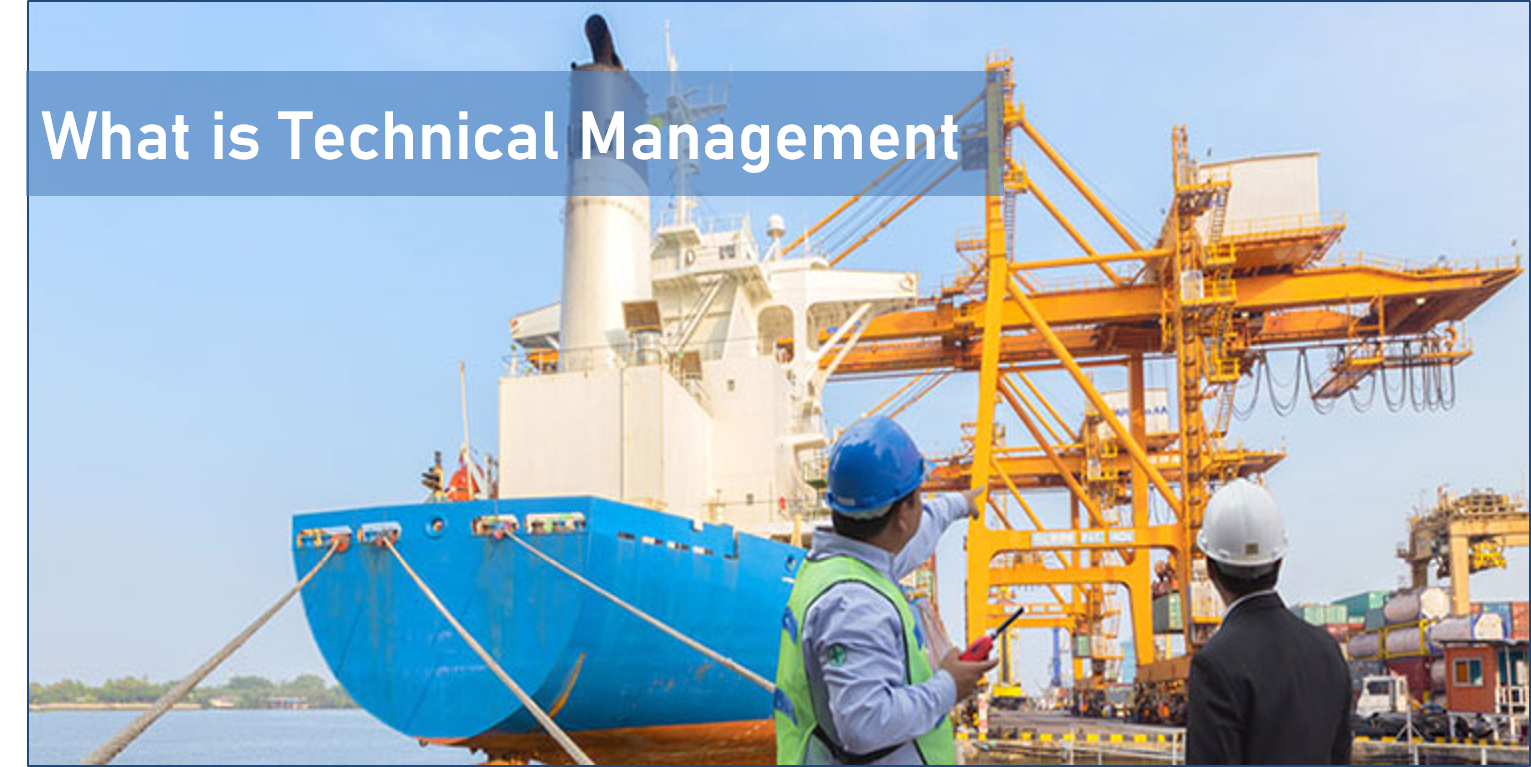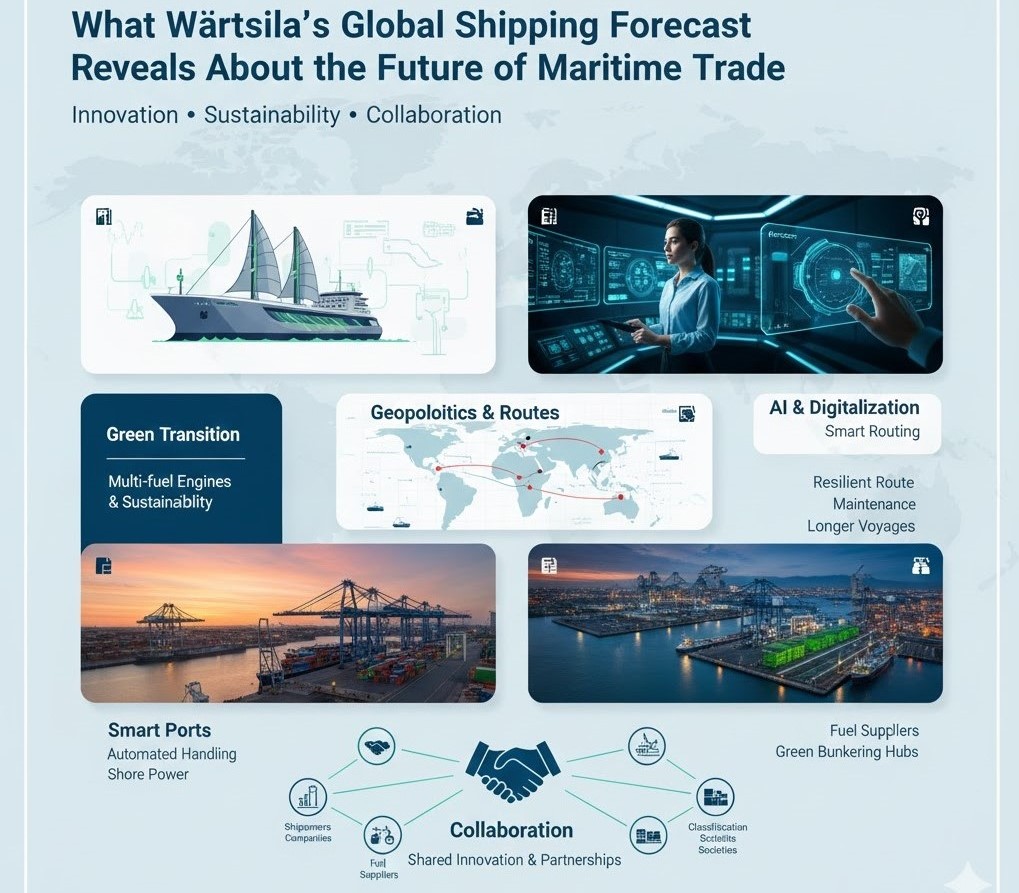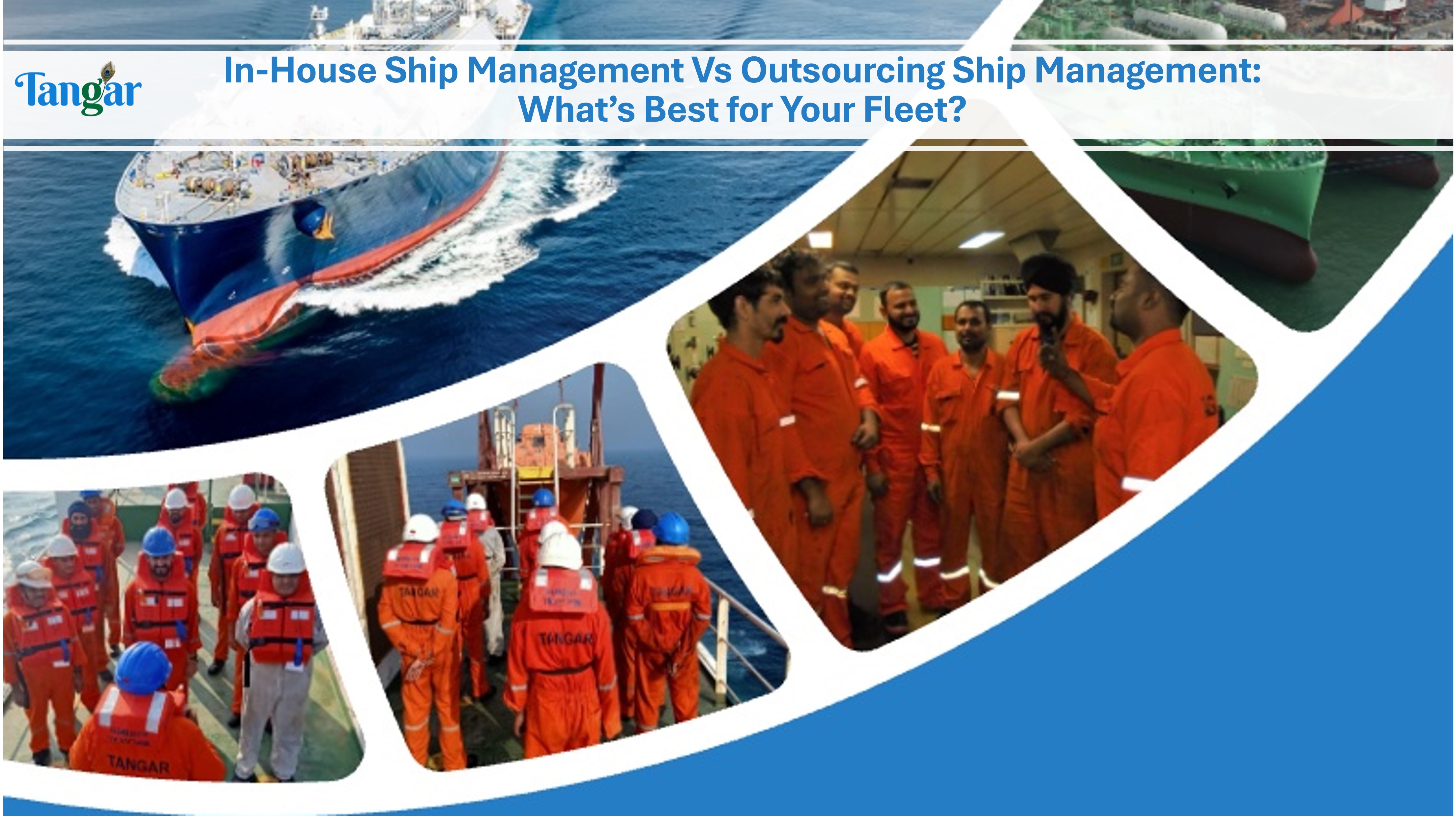
Maritime Cybersecurity: Key Threats and How to Defend Against Them
Maritime Cybersecurity Operations
The shipping industry is more efficient as it gets more digital, but there is also a greater chance of cyberattacks. Because ports and ships depend so heavily on technology, protecting systems and data is more important than ever.
What is shipping cybersecurity?
Protecting a ship's digital infrastructure, including its navigation, communication, and cargo systems, from hacking, data breaches, and other cyberthreats is known as maritime cybersecurity.
Why It’s Crucial:
- Protects Sensitive Data
Ships manage vital information, including crew records and cargo details, which must remain secure.
- Prevents Disruptions
Cyber-attacks can delay operations, increase costs, and compromise safety.
- Ensures Regulatory Compliance
Adhering to standards like GDPR and IMO guidelines helps avoid penalties and legal issues.
- Maintains Competitive Advantage
Trust is key—customers prefer companies that protect their digital infrastructure.
- Enhances Safety
Strong cybersecurity reduces the risk of sabotage and unauthorized access.
Typical online dangers
- Ransomware: which locks down systems until a ransom is paid (Maersk, 2017).
- Phishing: Phishing is the practice of tricking employees into disclosing private information through deceptive emails (e.g., CMA CGM, 2020).
- GPS spoofing: Modifies ship position information, resulting in inaccurate navigation.
- Malware: According to COSCO (2018), malicious software interferes with operations and steals data.
Maritime Cybersecurity Best Practices:
- Conduct frequent penetration tests and security assessments
- Find and address system vulnerabilities regularly.
- Find and address system vulnerabilities regularly.
- Programs for Crew Training and Awareness
- Identify suspicious activity and phishing attempts.
- Adhere to safe internet usage guidelines while aboard.
- Put in place strong security measures
- Encrypt data while it's at rest and in transit.
- Implement stringent access controls and multi-factor authentication.
Conclusion:
Cybersecurity is no longer just a technical necessity—it's a strategic imperative in today's increasingly digital maritime environment. As ships and ports become more connected, the risks posed by cyber threats grow in scale and impact. The maritime industry can protect its operations, reputation, and long-term viability by adopting robust cybersecurity measures.
With the ISM Code now incorporating cybersecurity requirements and IMO regulations mandating cyber risk management within Safety Management Systems (SMS), shipowners and operators need to integrate cyber protection alongside traditional safety protocols.
Secure your fleet with Voyagex’s comprehensive cybersecurity solutions, designed to help maritime businesses meet regulatory standards and stay resilient against evolving cyber threats.










